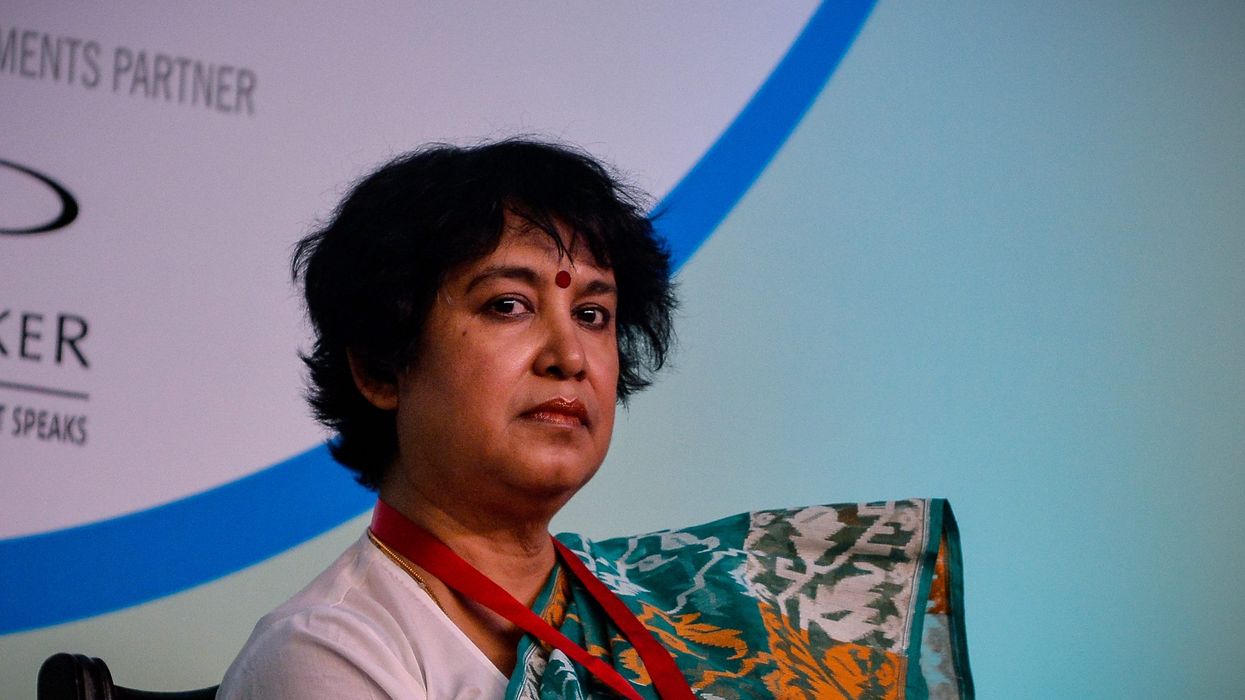Several incidents of violence were reported from different parts of the country over the controversial remarks of suspended Bharatiya Janata Party (BJP) spokesperson Nupur Sharma.
Wading into the ongoing controversy, renowned Bangladeshi author Taslima Nasreen tweeted if "Prophet Muhammad was alive today, he would have been shocked to see the madness of the 'Muslim fanatics' around the world."
Two days ago, she had written:
Nasreen left Bangladesh in 1994 in the wake of death threats by fundamentalist outfits for her alleged anti-Islamic views. Since then she has been living in exile.
Born in Mymensingh in East Pakistan (now Bangladesh) on August 25, 1962, Nasreen was forced to leave her country in 1994 due to repeated threats from radical Muslim groups after her novel 'Lajja' (shame) which depicts the persecution of a Hindu family by Muslims, ran into a controversy.
She suffered a number of physical and other attacks following the publication of Lajja.
After fleeing Bangladesh, Nasreen adopted Swedish citizenship.
Despite repeated threats to her life, the 56-year-old author has continued to write against Islamic philosophy, angering many Muslims in Bangladesh and worldwide.
The exiled author has also lived in the US and Europe for many years.
Nasreen lived in Kolkata between 2004 and 2007 but was forced to leave the city after radical Muslim groups demanded she leaves the country. She currently lives in New Delhi since 2011.




